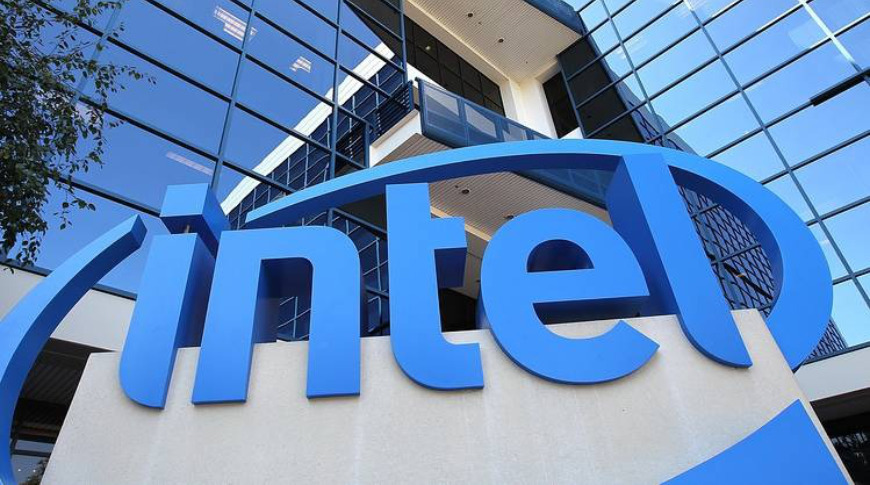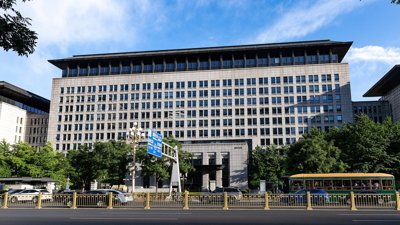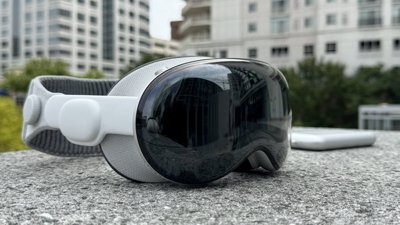Intel has been ordered to pay $2.18 billion to VLSI Technology, after a federal jury found the major chip producer had infringed on a pair of patents.
The jury in the Western District of Texas delivered the verdict on Tuesday, declaring Intel had infringed on both of the patents under scrutiny. The decision requires Intel to pay $1.5 billion for one of the patents, and $675 million for the other.
The figure is at the top end of the scale VLSI apparently sought. While not mentioned in court filings by the lawyers, sources of Waco Tribute Herald say the range VLSI wanted was between $750 million and $2.2 billion.
The lawsuit was brought by VLSI Technology, which received both of the patents from NXP Semiconductors, which owns the company. The patents cover ways to improve the power and speed of processors using specific designs, reports Bloomberg.
The patents were originally issued to Freescale Semiconductor and SigmaTel, which were eventually bought by NXP in 2015. The patents were then transferred to VLSI in 2019.
VLSI put forward the argument saying that Intel hadn't paid reasonable royalties since it "incorporated NXP's inventions into its own chips," said VLSI lawyer Morgan Chu in opening arguments.
The chip giant countered denying there was infringement at all, as Intel doesn't use technology from either patent. Furthermore, Intel accused the USPTO of failing to detect the patent's concepts were already in use at Intel in the first place when the patents were issued.
Intel argued that VLSI was founded only four years ago, had no products, and was only seeking revenue through a lawsuit, similar to a patent troll. Intel lawyer William Lee declared VLSI "took two patents off the shelf that hadn't been used for 10 years and said 'We'd like $2 billion."
The insinuation that VLSI was a young non-practicing entity is odd, as the company has been around since 1979. It was one of the earlier companies in the electronic design automation industry, which helped with the creation of integrated circuits and PCBs, and has a background in ASICs.
VLSI has a long history with Apple, as the two companies and Acorn worked together to create Advanced RISC Machines Ltd, also known as ARM, in 1990. ARM's designs went on to become commonplace throughout the computing industry, and are at the heart of Apple Silicon.
The lawsuit is one of the few patent trials to take place due to the ongoing COVID-19 pandemic, despite Intel's attempt to postpone the case because of it. The trial was delayed, but only by a week due to a winter storm in Texas.
Social distancing measures were in play, including the spreading out of the seven jurors and the use of masks, face shields, and hand sanitizer.
Limitations were placed on the number of spectators and lawyers. While both sides each had 20 lawyers listed on the docket, only three from each legal team were present in the courtroom.
 Malcolm Owen
Malcolm Owen







-m.jpg)






 Marko Zivkovic
Marko Zivkovic



 William Gallagher
William Gallagher
 Amber Neely
Amber Neely
 Sponsored Content
Sponsored Content


-m.jpg)






6 Comments
Maybe the anticipation of this verdict was the reason why the CEO of Intel was recently let go.
Anything coming out of the Western (or Eastern) district of Texas should be immediately suspected as fraudulent. It's a patent-troll's paradise and the judge that got caught "shopping" his services to patent-trolls should be removed.